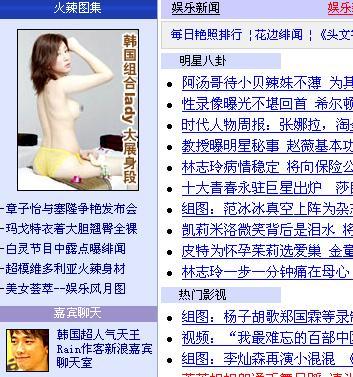I will let readers draw their own conclusions about this rather intriguing bit of research started by commenter KLS about fellow commenter MAJ in the last open thread:
MAJ why are you just copying and pasting other people’s work?
for example, your really long comment above, starting “Dear Simon and Conrad, The value of the dollar vs the euro is directly related to…”
this is word-for-word copied from elsewhere.
I took a random line and googled it. the line was:
“the US effectively controls the world oil-market as the”
via google I discovered two websites where a long essay has been posted about euros and dollars and oil.
you copied and pasted over 700 words direct from that!
-see www.thirdworldtraveler.com/ Iraq/Iraq_dollar_vs_euro.html
the only thing you changed was to insert intros such as “Simon, Conrad – also remember that…” at the beginning of one or two of the paragraphs.
or take your next long comment, starting:
“Dear Conrad,
The other argument put forward by political analysists”
you directly copied and pasted 500 words that appear on this website:
see http://ist-socrates.berkeley.edu/~pdscott/iraq.html
wouldn’t it have been good manners to acknowledge that these words are not your own? and, rather than filling up a thread, to have provided links to these websites instead?
Posted by KLS at July 11, 2005 11:54 AM .
Oh dear, this is an intriguing development indeed. I was so impressed, I started doing my own investigation.
Here’s what our feckless Marxist said yesterday (scroll to comment placed at 2:19):
More than four-fifths of all foreign exchange transactions and half of all the world exports are denominated in dollars and US currency accounts for about two-thirds of all official exchange reserves. The fact that billions of dollars worth of oil is priced in dollars ensures the world domination of the dollar. It allows the US to act as the world’s central bank, printing currency acceptable everywhere. The dollar has become an oil-backed, not gold-backed, currency.
Well said. Even brilliant. Only, here’s what Z Magazine had to say on the subject back in February 2004:
More than four-fifths of all foreign exchange transactions and half of all the world exports are denominated in dollars and U.S. currency accounts for about two-thirds of all official exchange reserves. The fact that billions of dollars worth of oil is priced in dollars ensures the world domination of the dollar. It allows the U.S. to act as the world’s central bank, printing currency acceptable everywhere. The dollar has become an oil-backed, not gold-backed, currency.
Well, well. What are the odds of that being a pure coincidence? And what would the good Dr. Anne Meyers have to say about someone so insecure and eager for attention and approval that he would resort to such nasty tricks, a la Jayson Blair?
A few days earlier, our friend was caught doing the same thing and, as usual, had a sorta-kinda excuse akin to a dog eating one’s homework; that excuse, where he said he had made reference to his source and was rapidly cutting and pasting and blah blah blah – that excuse won’t fly this time because there’s no attribution. Zero. It is literally an act of deception, in which MAJ consciously and consistently led us all to believe he himself was the author. And that is a very serious offense.
Again, I like MAJ. But when you blog, what you write is there for everyone to see, and if you get caught BS’ing, your crediblity is gone for good. This is a matter of lying. Deception. Fraud. And he’s a repeat offender. And not even the good “Dr.” Anne Myers can get him out of this mess. Sorry if this causes you a tad of embarrassment, Mark, but you left yourself wide open. I invite readers to comb the archives and find other instances of MAJ’s creative cut & paste capabilities. There’s a lot more where these few examples came from.
[Note: In reaction to this post, Mark Anthony Jones tried to get this blog banned in China, creating another fantabulistic piece, this time for China Daily, in which he simply makes things up and calls this a “hate site.” Obviously, his efforts weren’t successful, but he managed to inflict a lot of misery, publishing my undisclosed full name and other personal details all over the web and embarking on a campaign of character assassination. All because readers here pointed out a simple truth: Mark Anthony Jones likes to make things up. Anyway, it’s a sad story, and I hope he comes to peace with who he is and learns that you can’t make fools of people and expect to get away with it forever.]
Update: I realize this is a very long comment thread. If you don’t have the wherewithal to get through the entire thing, at least be sure to see this comment. But do try to read it all- it’s astonishing. Thanks.
Update, January 26, 2010: I originally had a picture of a crying baby here. I am taking it down. I learned today that Jones is dead, and I am not comfortable with any image making fun of him.

Comments